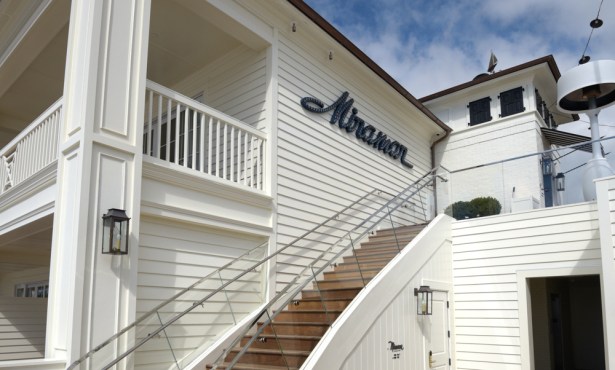Is Now the Time to Buy a Home?
Financial Advice Columnist Kevin Bourke Addresses the Housing Market
Dear Kevin,
What’s going on with the housing market? Have we hit bottom in housing prices and when are things going to start looking better?
Bill in Goleta
Dear Bill,
Since none of us have a crystal ball we should turn to what housing history has shown, and come up with some reasonable assumptions about what’s likely to happen next.
As an investor for the past 20+ years, I’ve learned that stock, real estate, and other investment markets return to their long term trend lines. Despite bull markets, bear markets, shocks to the economy, or whatever forces drive the capital markets up or down, everything returns to the mean.
What does that mean in relation to real estate? If you were to guess real estate values went above their trend line during the last few years, you would be right. In fact, if residential real estate in general were to drop 25% from current prices, that would put it in line with the long-term trend line.
My experience is “return to the trend” has to happen. We’re either going to see prices come down fast and far, perhaps see prices drop more than 20% over the next year or so, putting us back to where we should be, or we’re going to see real estate prices remain static for several years, where inflation would eat up the excess pricing built into housing today.
Another reason to believe that housing prices will continue to decline is the lack of mortgage options. The subprime market for mortgages has all but completely disappeared. In other words, fewer people can qualify for loans. The simple law of supply and demand would dictate that with fewer buyers qualifying for home purchases, prices must come down.
Standard loans are becoming ever harder to come by, too, as banks are tightening lending standards. It will be some time, perhaps years, before lenders return to easier lending standards.
Next, we should consider demographics. The baby boomer generation is hitting retirement in steadily increasing numbers. Some would argue retirees will be purchasing new homes, perhaps in warmer climates. But does that mean they’ll own more than one home? Or will they sell one home to buy another, netting a zero increase in home ownership?
Finally, consider the stock market. Investors were excited in the late 90s when the market enjoyed a steady upswing. In March 2000 the S&P 500 closed slightly above 1500, way above its long-term trend line. Then, on October 9, 2002 it closed at 776 – a fall of more than 48% from the peak a price it had first passed in January of 1997. That means the stock market gains of 1997, 1998, and 1999 had all evaporated.
Why would other investments, including real estate, be any different? If, as I have observed, investments return to their long-term trend line, then the trick is to study your potential investment field and predict when things will start looking up.
So, should you buy real estate now? It depends. If you want a home for your family, can afford the payments, and aren’t too worried about short term swings in price, then perhaps yes. Historically, buying real estate has always been a solid investment. And as of this moment, fixed rates on mortgages remain low.
But if you are buying to speculate on the next move in the real estate market, I say tread cautiously.
Kevin Bourke is a registered principal with and offers securities through LPL Financial, Member FINRA/SIPC.



